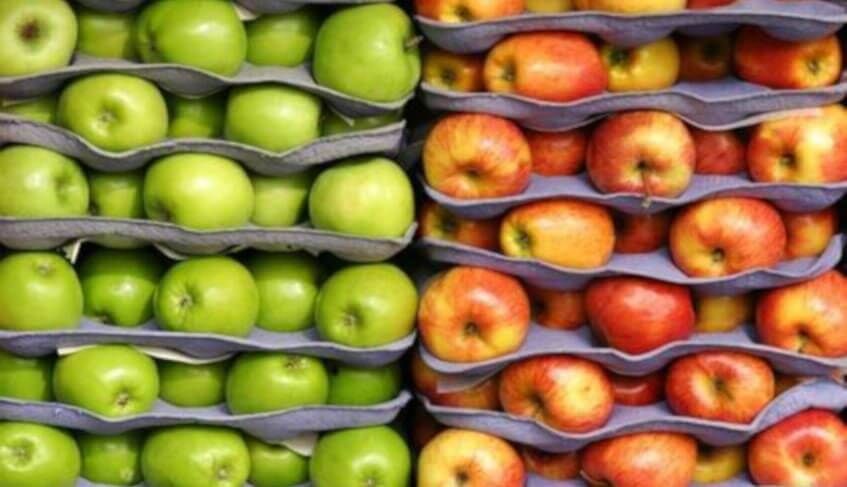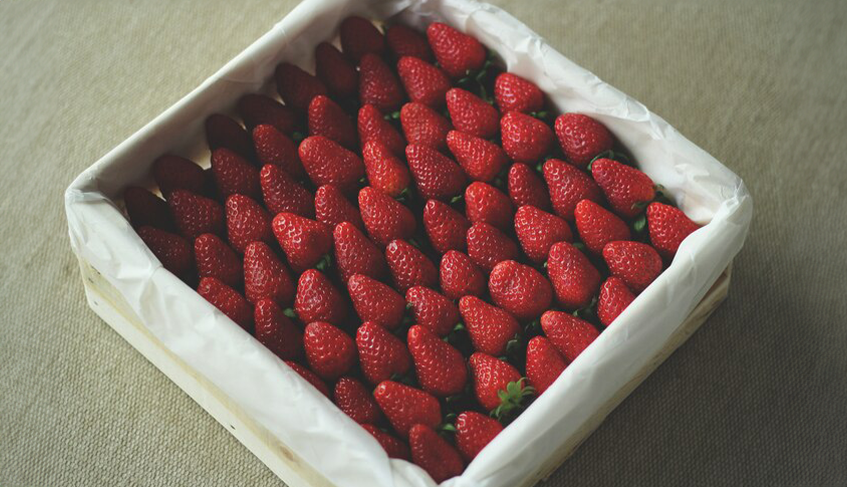Apple Storage
Approximately 25 million tons of apples are produced worldwide. Apples are grown especially in the temperate zones of the earth.
Harvest Of Apples
Harvest time is extremely important as it depends on what to do with the apples after harvest. For long-term storage, harvest should be done in a short time before ripening begins. There are always other apples among those that are already ripe. By producing ethylene, these apples can also activate the ripening of “neighbour” fruits. If apples are picked too early, this will have an impact on quality; in this case the fruit is small, less reddish, hard and green, susceptible to storage defects such as blackening and staining.
(CA) Controlled Atmosphere / (ULO) Ultra Low Oxygen Storage Of Apples
Apples are stored in cold storage with a controlled atmosphere or without CA. Depending on the species, they are found in good conditions between 0-5ºC. It is recommended to store apples at high air humidity of 90-95% to limit moisture loss as much as possible. Apples generally respond quite well to O2 reduction and CO2 increase (Controlled atmosphere storage). Chilled apples generally produce low ethylene so they don't ripen. In this case, they are very sensitive to ethylene, which triggers ripening. Ethylene production is kept low by storing at a very low percentage of oxygen (ULO storage). More importantly, apples have zero sensitivity to ethylene under ULO conditions. The sensitivity of apples to ethylene is remarkably low under ULO conditions.
Our solutions for apple storage
- CO2 trap
- O2 trap
- Moistening
Optimal Storage Conditions For Apples
Optimal storage conditions for apples depend on the species, harvest time, region, location of the garden and growing conditions (such as the age of the garden, care, crop protection and fertilization). The following recommendations are general scientifically accepted storage conditions, but these conditions are not specific to a particular region or garden. In other words, it is a narrative in which no rights can be claimed. You can contact a local university or research station for advice.









